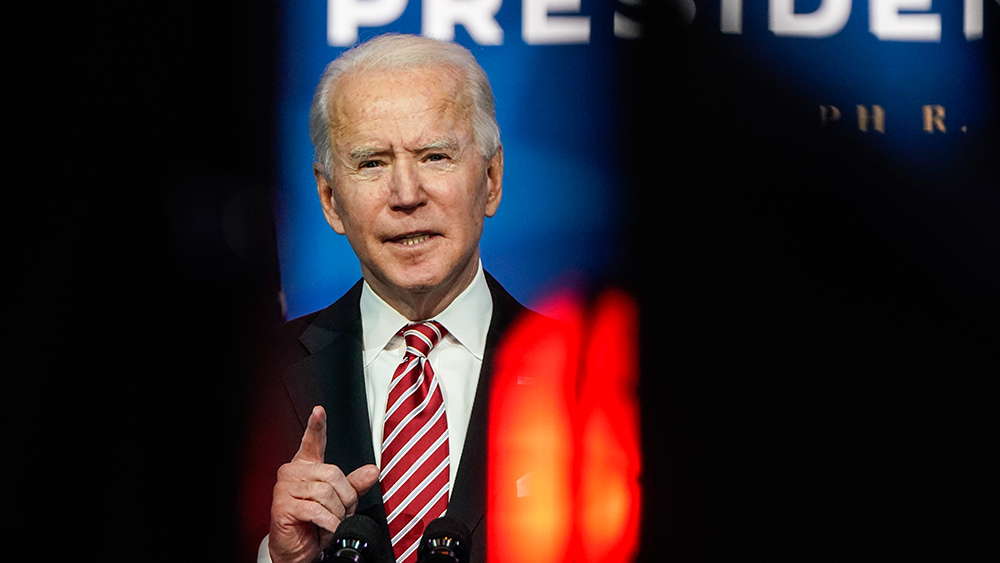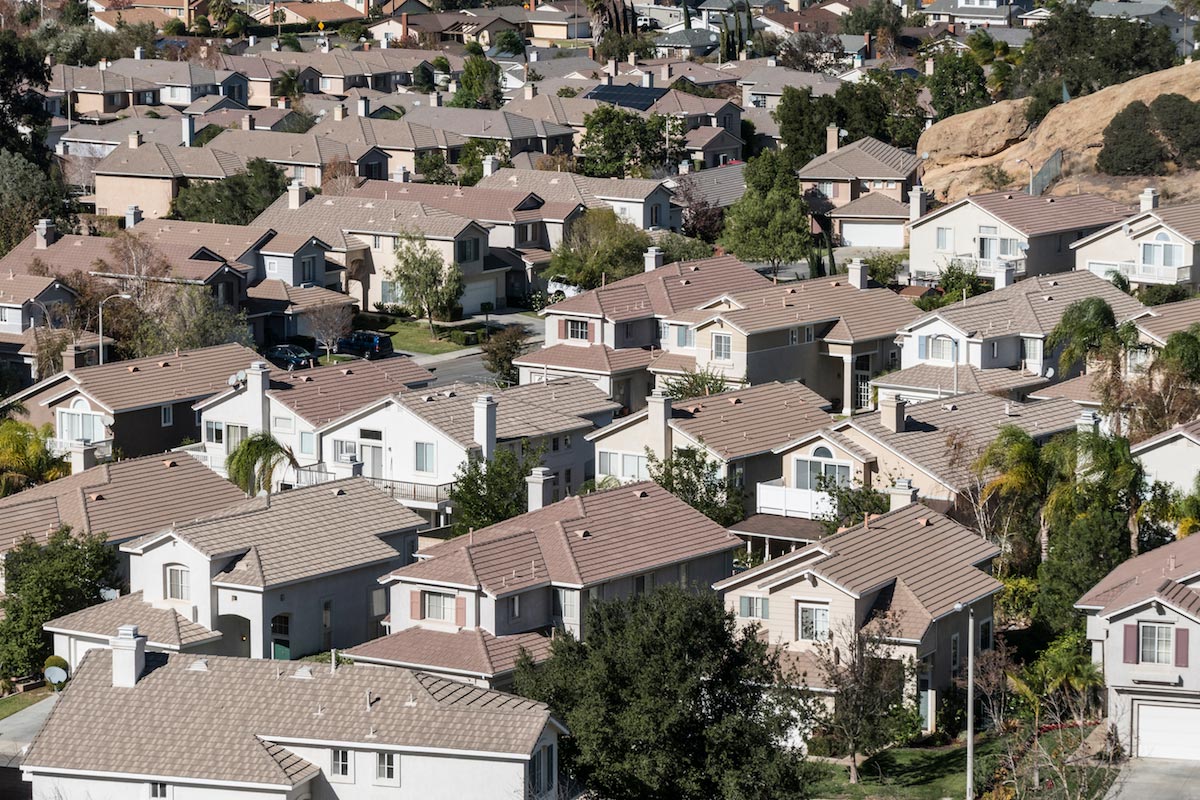Nobody wants to work: Labor shortage holds back restaurant industry as states ease pandemic restrictions
05/05/2021 / By Nolan Barton

Many restaurants across the U.S. are finding it difficult to hit the ground running as states lift and ease pandemic restrictions and businesses reopen. Manpower, or lack of it, is the prevailing reason for their troubles.
Restaurant owners and managers say the federal unemployment bonuses handed out during the Wuhan coronavirus (COVID-19) pandemic incentivized people to stay home instead of working.
Mark Fox, owner of four restaurants in New York City, said that while business is finally starting to pick up, manpower issues are slowing down the momentum.
“We have difficulty hiring hourly workers, bartenders, servers, bar-backs, busboys, runners, overnight cleaning staff,” Fox said. “We are probably 60 employees short. I have one restaurant in Greenwich Village that I haven’t reopened yet because they don’t have the manpower.”
According to Fox, the biggest factor behind the difficulty in hiring is the enhanced unemployment benefits, which now extend until the beginning of September. While he believes it was necessary earlier in the pandemic, he thinks the federal government has continued it for too long. “It’s not financially beneficial for people to return to work,” he said. “So we’re in a real crisis with respect to labor shortfall.”
Occupancy restrictions hurt restaurant business
New York City and New York state had different restrictions last year. Guests were not allowed to sit at the bar counter in New York City but they were in New York state. Restaurants in New York City tend to be smaller and the rule made it impossible for a lot of places to stay open.
While New York state has allowed restaurants a 50 percent occupancy, New York City closed down twice and restaurants were given 25 percent occupancy mandates for many months. (Related: Wisconsin cannot limit restaurant capacity during Covid-19 pandemic, state Supreme Court rules.)
“I believe our state and city leaders didn’t do their job,” Fox said. “I think that they made arbitrary decisions based on hunches. I hope that they’re held to account for it.”
Fox recalled how he had to pay tens of thousands of dollars to bring in protective equipment, sanitizing equipment, temperature checkers, and more. People spent money they didn’t have, and ended up closed again, he said. He also called the 10 p.m. curfew “ridiculous.”
Eric St. Clair, manager at Proper 21, a bar located in Washington, said the biggest issue they are facing now is the restaurant restrictions imposed by Washington Mayor Muriel Bowser.
“It’s just kind of crippling restaurants now,” St. Clair said. “They are still keeping us at 25 percent when other states have lifted outdoor masks and Virginia is going back to bar seating.”
Hiring difficulties affect smaller restaurants more
As for hiring woes, St. Clair noted that smaller restaurants were hurt much harder than corporate restaurants or chains. He described how for the longest time, restaurants in the city would just have one manager and one bartender doing everything.
Dean O’Neil had similar experience in his brief foray in the restaurant business. He was forced to close his Slovenian restaurant Pakerna in Upper West Side, Manhattan just two weeks after its opening in December last year because of difficulty to hire workers.
Waitresses that worked there left to become contact tracers, while bartenders went on unemployment. On most nights, he’s only had one chef working in his kitchen.
“I couldn’t work out really why. And then I found it was basically they could receive money without having to work. Then they wanted to be paid only in cash. It’s unacceptable” said O’Neil.
His workers took advantage of the $300 weekly enhanced unemployment insurance included in the COVID-19 stimulus package signed by former President Donald Trump on December 27 last year. President Joe Biden extended the $300 per week unemployment insurance supplement up to Sept. 6 when he signed the $1.9 trillion stimulus package on March 11.
McDonald’s store in Florida pays $50 to those who show up for job interview
Some restaurants are trying new and creative ways to entice people to at least consider working for them.
One McDonald’s location in Florida started paying $50 to anyone who would show up for a job interview. Other franchises like Taco Bell, which needs at least 5,000 new employees, are holding hiring events with free foods.
“It’s no secret that the labor market is tight, which is why we are thrilled to host our fourth round of Hiring Parties in partnership with our franchisees,” said Kelly McCulloch, Taco Bell’s chief people officer.
Jim Walker, a local restaurateur in California and former president of the Newport Beach Restaurant Association, said the entire industry has been thrown into disarray.
“There is a huge shortage in back-of-the-house kitchen staff, and those who are available are dictating what they want to be paid,” Walker said. “Finding hostesses and bartenders is our biggest ongoing challenge.”
Walker is now offering bonuses for new hires who stay on for a certain length of time and offering existing staff referral bonuses. He owns three restaurants – Bungalow Restaurant, Cedar Creek, Domenico’s Pizza – and is set to open another in July.
According to Walker, unemployment benefits are discouraging people from working.
“People are staying home because they can make more money from stimulus extension than if they go back to work,” he said. “Those coming across the border who might normally immediately become part of the labor market are not doing so because of all the government aid currently being handed out. They are not motivated or desperate to get a job once they are in the U.S.”
To highlight his point, New York City has set aside $2.1 billion in funds from the state budget to pay illegal immigrants who lost work during the pandemic.
Report shows restaurant industry lost nearly 2.5 million jobs during pandemic
Hiring difficulties have long existed in the service industry, even before the pandemic. But Hudson Riehle, senior vice president for research at the National Restaurant Association (NRA) said it’s reaching unprecedented levels. (Related: As extra unemployment benefits run out, laid-off workers scramble to look for jobs amid coronavirus pandemic.)
“When it comes to recruiting workforce, in January, 7 percent of restaurant operators rated recruitment and retention of workforce as their top challenge; by April that number had risen to 57 percent,” Riehle told the Epoch Times.
According to the association’s 2021 “State of the Restaurant Industry Report,” which measures the impact of the coronavirus pandemic on the restaurant industry, more than 110,000 eating and drinking places were closed for business temporarily or for good as of Dec. 1, 2020. The eating and drinking place sector finished 2020 nearly 2.5 million jobs below its pre-coronavirus level.
One chef and owner of a seafood restaurant franchise in California summed up the dismal situation in a now-viral Twitter post.
“There are no employees available in California,” Andrew Gruel wrote on April 29. “We are paying dishwashers $21 to start. The two main reasons people tell me they won’t work: They are making enough on unemployment and would rather not work; 2. With schools closed, they can’t pay someone to watch their children.”
Keisha Rucke, owner of The Soul Shack in Chicago, said her restaurant is short-staffed and she is always on the lookout for new hires. Rucke told the Epoch Times she needs four more servers, a line person for the day and one for the evening, and another cleaning crew.
“I don’t know what is that we can do,” she said. “I see so many signs where people are looking for servers and line persons and cashiers that I don’t think it’s only a restaurant industry thing at this point.”
Follow Pandemic.news for more news and information related to the coronavirus pandemic.
Sources include:
Tagged Under: Collapse, coronavirus, Coronavirus pandemic, covid-19, COVID-19 stimulus package, Donald Trump, economy, illegal immigrants, Joe Biden, labor shortage, McDonald's, pandemic, pandemic restrictions, restaurant industry, risk, Taco Bell, unemployment benefits, unemployment insurance, workers
RECENT NEWS & ARTICLES
COPYRIGHT © 2017 RISK NEWS

















